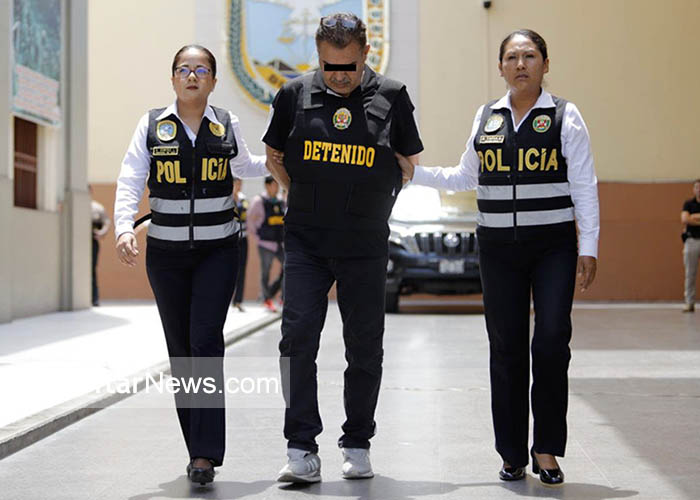Foiling Lima Terror Plot: Arrest of Majid Azizi, Alleged Quds Force Operative

The alleged timeframe for the planned attack, set for November, coincided with the annual meeting of leaders of the Asia-Pacific Economic Cooperation Forum (APEC) in Peru. This revelation raises concerns about the potential disruption of international events and the broader implications of such targeted acts of terrorism on a global scale.
The arrest of Majid Azizi has cast a spotlight on the intricate web of international intelligence, terrorism, and the collaborative efforts required to maintain security in an interconnected world. As investigations progress, the story of this thwarted plot in Lima will undoubtedly continue to capture the attention of global audiences, prompting reflections on the ongoing challenges in preserving peace and stability in an increasingly complex geopolitical landscape.
In the aftermath of Azizi’s arrest, attention now turns to the potential motivations behind the foiled plot and the broader implications for international security. The Minister of the Interior, Víctor Torres, stressed the need for continued vigilance and international cooperation in addressing threats that transcend borders.
The Quds Force, being an elite unit of the Iranian Revolutionary Guard, raises questions about the involvement of state-sponsored entities in this thwarted act of terrorism. As the international community awaits further details, concerns grow about the potential for similar incidents and the challenges posed by individuals and groups operating under the umbrella of powerful organizations.
The ongoing manhunt for Angello Felipe Trucios, the fugitive accomplice, adds an element of urgency to the situation. The possibility of Trucios being included in the Rewards Program of the Ministry of the Interior underscores the severity of the threat posed by those still at large.




